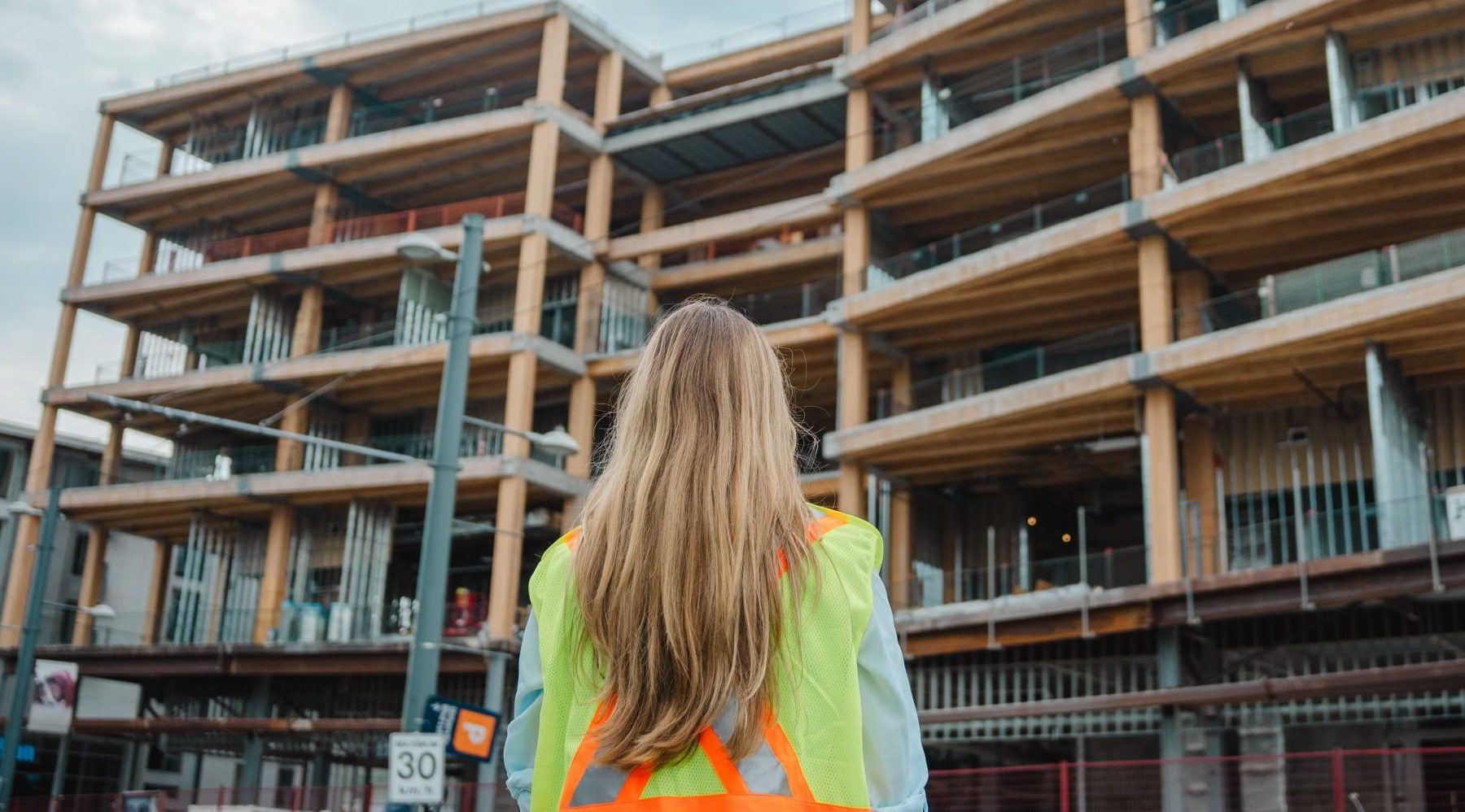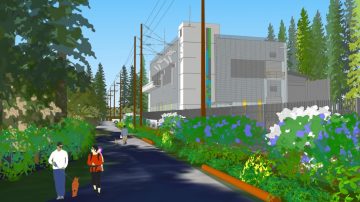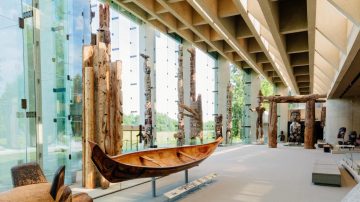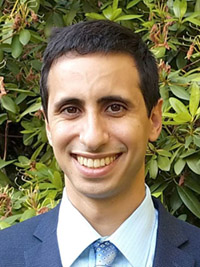Overview
The study of project management spans the entire life cycle of a project. To be an effective project manager requires having a strong understanding of the qualitative and quantitative principles of management, economics, computer science and engineering. The development of this understanding constitutes the focus of the graduate program in project and construction management at UBC.
Research
Dr. Sheryl Staub-French
Building Information Modeling (BIM): As the construction industry becomes more and more digitized, and as new technologies are introduced to support this shift, new challenges emerge. These challenges include working collaboratively in digital environments, managing, coordinating and ensuring the quality of facility data and digital deliverables, and extracting useful data to assess performance. The overall goal of BIM research is to address these challenges by developing tools and techniques for BIM use that support project teams with the digital delivery of sustainable buildings through the collaborative use of BIM and related processes and tools.
Dr. Omar Swei
Infrastructure and Asset Management: Canada faces an aging infrastructure problem. The estimated replacement value of its municipal roadways stands at $330 billion, while current reinvestment rates are only half of those required to maintain the system in its current condition. Roadway transportation also represents 20% of Canadian greenhouse gas emissions, which can be reduced through the effective design and maintenance planning. These economic and environmental realities have prompted federal, provincial, and municipal agencies to adopt asset management principles to plan and prioritize their investment strategies. The overarching goal of this research focus is the integration of data analytics, reinforcement learning, and stochastic optimization principles to enhance the sustainable management of infrastructure systems.
Construction Economics and Productivity: The rising price to build and deliver infrastructure poses significant challenges to engineers, builders and policymakers alike. We leverage econometric methods to help explain this phenomenon. We work with construction firms and governmental agencies to use our findings to improve their operations and planning. This research particularly emphasizes measuring and improving productivity growth in the construction sector. Productivity growth is the driver of long-term economic growth. Invariant of country, time-period, or industry, higher productivity producers enjoy better incomes and improved quality of life standards relative to their competitors.
Academics
The project and construction management program at UBC provides students with a holistic understanding of the tools and frameworks required to be successful project managers. Our core curriculum covers key competencies in project scheduling, economics, computer and simulation methods, management, law, and leadership. The core program is complemented by elective offerings both within Civil Engineering and across campus (e.g., Faculty of Commerce and Business Administration and the Department of Computer Science).
Media Highlights
- UBC Civil Spotlight: Danilo Caron’s work to decolonize civil engineering
- UBC Civil in the Media – Can infrastructure keep pace with immigration?
- Third Quadrant Design Won 3rd Place at Solar Decathlon 2023
- How Base Isolation Technology can Preserve Cultural Heritage
Specialization Requirements
| MEng | MASc | PhD | |
|---|---|---|---|
| Core courses (credits) | 13 | 13 | 1 |
| Elective courses (min. credits) | 17 | 5 | 29 |
| Seminar course | CIVL 597-105/205 | CIVL 597-105/205 | CIVL 597-105/205 |
| Thesis course | N/A | CIVL 599 | CIVL 699 |
Elective requirements
Electives may be taken from the list of Approved Electives below, or other electives may be taken with the approval of the Specialty Advisor / Supervisor.
Undergraduate students who are interested in Project & Construction Management are directed to the following courses:
- CIVL 425
- CIVL 426
- CIVL 478
Graduate Courses
| Core Courses – MEng | Name | Credits | Term |
| CIVL 520 | Construction Planning and Control | 3 | 1 |
| CIVL 524 | Legal Aspects of Project and Construction Mgmt | 3 | 1 |
| CIVL 526 | Virtual Design and Construction | 3 | 2 |
| CIVL 597-005 | Graduate Seminar (Construction Management) | 1 | 1 & 2 |
| Plus one of: | |||
| CIVL 521 | Construction Methods And Performance | 3 | 2 |
| CIVL 523 | Project Management for Engineers | 3 | 2 |
| Total core-course credits, MEng: | 13 | ||
| Core Courses – MASc | Name | Credits | Term |
| CIVL 520 | Construction Planning and Control | 3 | 1 |
| CIVL 523 | Project Management for Engineers | 3 | 2 |
| CIVL 524 | Legal Aspects of Project and Construction Mgmt | 3 | 1 |
| CIVL 526 | Virtual Design and Construction | 3 | 2 |
| CIVL 597-005 | Graduate Seminar (Construction Management) | 1 | 1 & 2 |
| Total core-course credits, MASc: | 13 | ||
| Core Courses – PhD | Name | Credits | Term |
| CIVL 597-005 | Graduate Seminar (Construction Management) | 1 | 1 & 2 |
| Total core-course credits, PhD: | 1 | ||
| Approved Graduate Elective Courses | Name | Credits | Term |
| CIVL 519 | Risk and Decision-Making (recommended) | 3 | 2 |
| CIVL 521 | Construction Methods And Performance | 3 | 2 |
| CIVL 522 | Project and Construction Economics | 3 | N/A |
| CIVL 523 | Project Management for Engineers | 3 | 2 |
| CIVL 5XX | All other Civil Engineering 500-level courses | ||
| URSY 540 | Urban Systems Project Delivery and Economics |
Questions?
Students interested in our graduate project and construction management program who have questions around eligibility, course offerings, etc. should reach out to Civil Student Services.
Prospective MASc and PhD students interested in conducting research under the supervision of specific faculty members should reach out to them directly.
Accepted and enrolled students who have questions around their program and progression should reach out to Dr. Omar Swei.
People
Facilities
MASc and PhD students enrolled in our program have access to dedicated research facilities and space. Our research facilities include the “BIM Trailer”, a construction trailer outfitted with large-screen interactive displays, which is used to support our BIM-related engagements with industry. Learn more.






